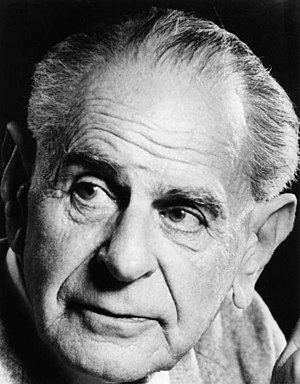I’ve recently returned from my first event with the International Debate Education Association (IDEA) in Leon, Mexico where I finally saw Karl Popper Debating live and in person. I find this format to be not as bad as the rumors suggested, but it could use some small adjustments. The people most qualified to do the adjusting are of course those who are coaching and participating in the format.
KPDC 2012: Should We Track The Associates of Convicted Terrorists? from Steve Llano on Vimeo.
Here is a video I took of a debate between Tunisia and Japan on the question of whether or not we should monitor the friends and family of convicted terrorists. I think it’s a pretty good debate, but one thing stuck out at me the whole time I watched Karl Popper Debate – the format is a graft, it is totally created and is artificial. It isn’t something that has room to evolve or grow. I think the reason behind this is that it was a format that was created by some American debate professors years ago and nobody feels they have the ethos to change it.
It’s a good format due to its simplicity, ability to handle a number of different types of motions, and the complexity of elements in it like cross-examination and rebuttal speeches. I would like to research the history of this format, how it was made and what elements were rejected. It would be a great paper I think and would elucidate a lot of these issues that I see under the surface of the format.
Along with the KPDC and the workshop there, I am currently in Houston, Texas visiting family while I wait for the Houston Urban Debate League to kick off their summer debating institute on Sunday. Looking forward to this as it’s another first – I’ve never formally worked with the Urban Debate League, and I’m quite excited. I’ll be doing that workshop for about 7 days, then eventually head back to New York.






